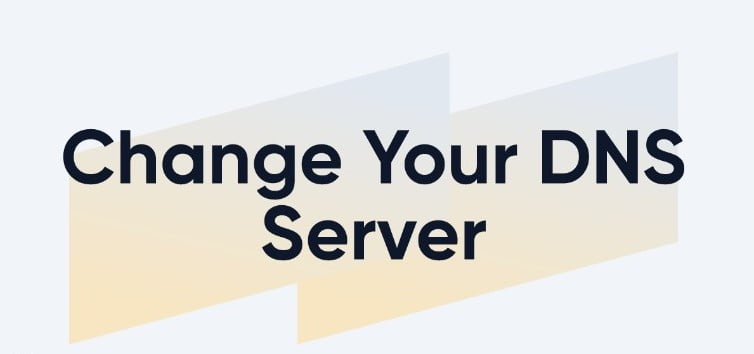In the dynamic world of the internet, where speed is often equated with efficiency, understanding the factors that influence internet speed becomes crucial. One such factor that plays a significant role is the Domain Name System (DNS). In this article, we’ll delve into the intricate workings of DNS and explore how it directly impacts the speed of your internet connection.

What is DNS?
DNS, or the Domain Name System, is the unsung hero of the internet. It functions as a phone book for the web, translating user-friendly domain names into numeric IP addresses that computers use to identify each other. This translation is a critical process that allows users to access websites by typing in easy-to-remember names instead of complex numerical combinations.
The DNS Resolution Process
The DNS resolution process involves several steps, from the initial request to the final response. As your device looks up a domain, it interacts with DNS servers to obtain the necessary information. Each step in this process introduces a potential delay, directly affecting your internet speed.
Factors Influencing DNS Performance
Several factors can impact the performance of DNS, including the reliability of the servers, network latency, and the presence of cached records. Understanding these elements is crucial for optimizing DNS and ensuring a smooth online experience.
The Role of DNS Servers
DNS servers come in various types, such as authoritative, recursive, and public DNS servers. The type you use can significantly influence the speed at which your DNS requests are processed, ultimately affecting how quickly websites load.
Common DNS Issues and Solutions
Encountering DNS errors is not uncommon, but knowing how to troubleshoot and resolve these issues is key to maintaining a seamless internet connection. This section provides insights into common problems and offers practical solutions.
DNS and Website Loading Speed
The time it takes for your device to establish a connection with a website heavily depends on the efficiency of the DNS process. Slow DNS resolution can lead to delays in loading web pages, negatively impacting the overall user experience.
Benefits of Using Fast DNS Servers
Opting for fast DNS servers can have a transformative effect on your internet speed. Faster DNS resolution translates to quicker website loading times and an overall enhanced online experience.
DNS Caching and Internet Speed
However, it’s essential to grasp the duration of cached records and the limitations associated with this process.
Choosing the Right DNS Server
With various public DNS servers available, selecting the right one for your needs can be a game-changer. Considerations such as speed, reliability, and security should guide your choice.
DNS Security Measures
Securing your DNS is paramount in today’s digital landscape. This section explores the importance of DNS security and provides insights into preventing common DNS attacks that can compromise your internet speed.
Mobile Networks and DNS Speed
The influence of DNS on mobile browsing is often underestimated. Discover how optimizing DNS settings on mobile devices can significantly improve the speed of your internet connection.
Future Developments in DNS Technology
As technology evolves, so does DNS. Explore upcoming advancements like DNS over HTTPS (DoH) and how they aim to further improve both speed and security in the DNS resolution process.
Conclusion
In conclusion, DNS plays a pivotal role in shaping your internet speed. From the intricacies of the DNS resolution process to the impact of different servers and future technological developments, optimizing your DNS settings can lead to a faster and more secure online experience.
FAQs
- What is DNS, and how does it influence internet speed? DNS, or the Domain Name System, translates user-friendly domain names into numeric IP addresses, directly impacting the speed of internet connections.
- Can changing DNS servers really improve my internet speed? Yes, selecting faster and reliable DNS servers can significantly enhance internet speed by optimizing the DNS resolution process.
- Are there risks associated with using public DNS servers? While public DNS servers offer speed, there may be privacy concerns. It’s crucial to choose reputable servers and consider potential risks.
- How often should I clear my DNS cache? Clearing the DNS cache occasionally is beneficial. The frequency depends on individual usage patterns and troubleshooting needs.
- What advancements can we expect in DNS technology? Future developments, such as DNS over HTTPS (DoH), aim to improve both speed and security in the DNS resolution process.



